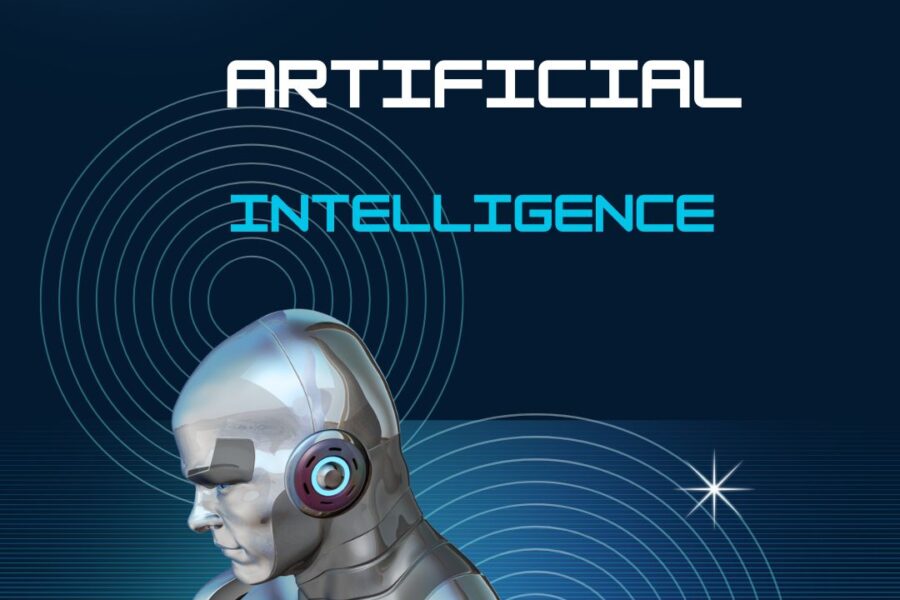INTRODUCTION
AI is a type of computer program that can carry out operations that ordinarily call for human intelligence. The development of AI has greatly impacted our daily lives.. AI applications include advanced web search engines, recommendation systems (used by YouTube, Amazon, and Netflix), understanding human speech (such as Siri or Alexa), and self-driving cars (such as Tesla).
Regulation of Artificial Intelligence
- Data Protection Laws:
- The Personal Data Protection Bill, of 2019, aims to regulate the processing of personal data in India. It includes provisions related to the use of AI in processing personal data, and organizations are required to follow principles of data minimization and purpose limitation.
- Intellectual Property Rights:
- Intellectual property laws, including patents and copyrights, may apply to AI technologies. Developers and organizations should consider protecting their AI-related inventions and creations through appropriate legal mechanisms.
- Contractual and Liability Issues:
- Contracts involving AI, especially in commercial applications, should clearly define responsibilities, liabilities, and compliance with legal standards. Issues related to AI system errors, malfunctions, and accountability should be addressed in contractual agreements.
- Ethical and Responsible AI:
- The development and use of AI should align with ethical principles. The Responsible AI for Youth initiative and other guidelines promote the responsible and ethical use of AI, especially concerning children and vulnerable groups.
- Consumer Protection Laws:
- AI applications that involve consumer interactions may fall under consumer protection laws. Transparent disclosure of AI use and safeguards against deceptive practices are important considerations.
- Cybersecurity Laws:
- Given the interconnected nature of AI systems, compliance with cybersecurity laws and regulations is essential to protect against data breaches, unauthorized access, and other cyber threats.
- Competition Laws:
- AI applications that impact market competition may be subject to scrutiny under competition laws. Issues related to monopolistic practices and anti-competitive behavior may be relevant.
- Healthcare and Medical AI:
- AI applications in healthcare must comply with regulations related to medical devices and patient data. The use of AI in diagnostics, treatment planning, and other medical applications may be subject to specific regulatory approvals.
- Government Regulations:
- Regulatory bodies such as the National Institution for Transforming India (NITI Aayog) and the Ministry of Electronics and Information Technology (MeitY) may play roles in shaping policies related to AI development in India
- National AI Strategy:
- India has been working on a National AI Strategy, and any developments in this area may have legal implications. The strategy is expected to address various aspects, including research, development, and ethical use of AI.


A stalwart in international pharmacy services.
where buy lisinopril tablets
I value the personal connection they forge with patrons.
The team embodies patience and expertise.
can i get generic lisinopril pills
Medicament prescribing information.
Their health seminars are always enlightening.
can i get generic cipro without dr prescription
Cautions.
Their commitment to global patient welfare is commendable.
lisinopril no prescription
Everything what you want to know about pills.
They offer great recommendations on vitamins.
where can i get cheap clomid prices
They provide access to global brands that are hard to find locally.